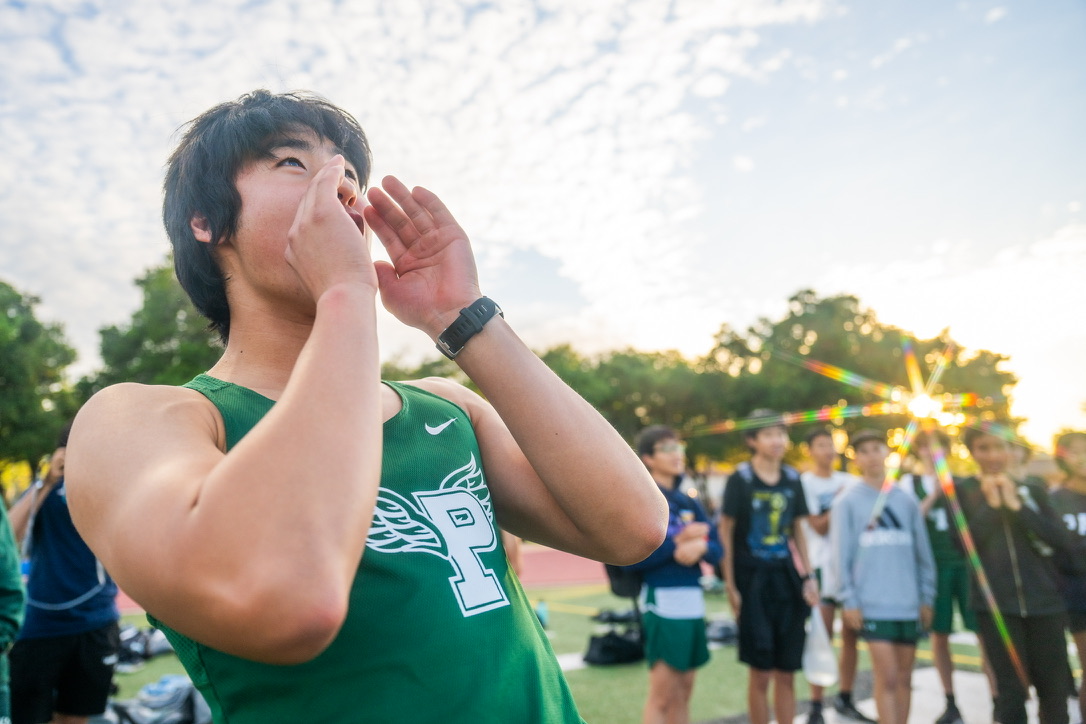As Emma Siskens reflects on her junior year as the girls field hockey captain, she not only remembers the rewarding benefits, but also the struggle that comes with a position of power.
“It’s hard when you need to tell people what to do, especially when they’re not doing what they’re supposed to be doing,” Siskens said.
Often the unsung hero, the role of a captain takes dedication and leadership skills to unite their peers. Senior dance team captain Olivia Ramberg-Gomez said her job as captain is exhausting yet rewarding.
“There are going to be many different interactions and things you have to work through, and knowing how to work with different types of people is very important in order to be a successful leader for your team,” Ramberg-Gomez said.
Whether elected or chosen, a captain’s workload is heavy. However, senior Will Moragne, captain of the football team, knows that the challenges of being a captain are worth the extra time.
“The hardest part of being captain is the most rewarding as well,” Moragne said. “Leading and pushing the guys to be ready for any team that we face Friday night.”
The captain’s role is often dedicated to bringing the team closer together.
Siskens recognizes that her responsibility is to help each player grow to their full potential, but she also knows that when she gets off the field, she is a friend and a teammate. The balance between leader and friend is one that Siskens tries to manage.
“As a captain, it’s your responsibility to make sure everyone is doing the right thing, but as a teammate and friend, you don’t want to be bossy or call people out,” Siskens said.
Ramberg-Gomez is no stranger to the struggle of balancing friendship and leadership. She knows that in order to be a good leader she must be respected, yet she also knows that being too harsh of a leader can end friendships.
“Another thing is that as a captain you have to find a good balance between being a teammate but also being a leader for your team,” Ramberg-Gomez said. “You want people to see you as their friend, but you also want them to see you as a role model and a leader.”
While there has been some struggle to strike a balance between friend and leader, Moragne’s leadership role has allowed him and younger teammates to get to know one another better.
“Being a captain has improved my relationship with my teammates, especially the younger guys,” Moragne said.
As a captain, the position of being a role model to younger players comes naturally, and Siskens thinks of this as the most rewarding part of being captain.
“The most rewarding thing would have to be that a lot of people start to look up to you and if you do it right, you get to become a role model or a person they can trust and come to for help,” Siskens said.
Though captains face struggles in balancing teams, the struggle is definitely worth it according to Ramberg-Gomez.
“It makes me really happy when our halftime routine is clean, or we all get good at something we’ve been struggling with,” Ramberg-Gomez said.




